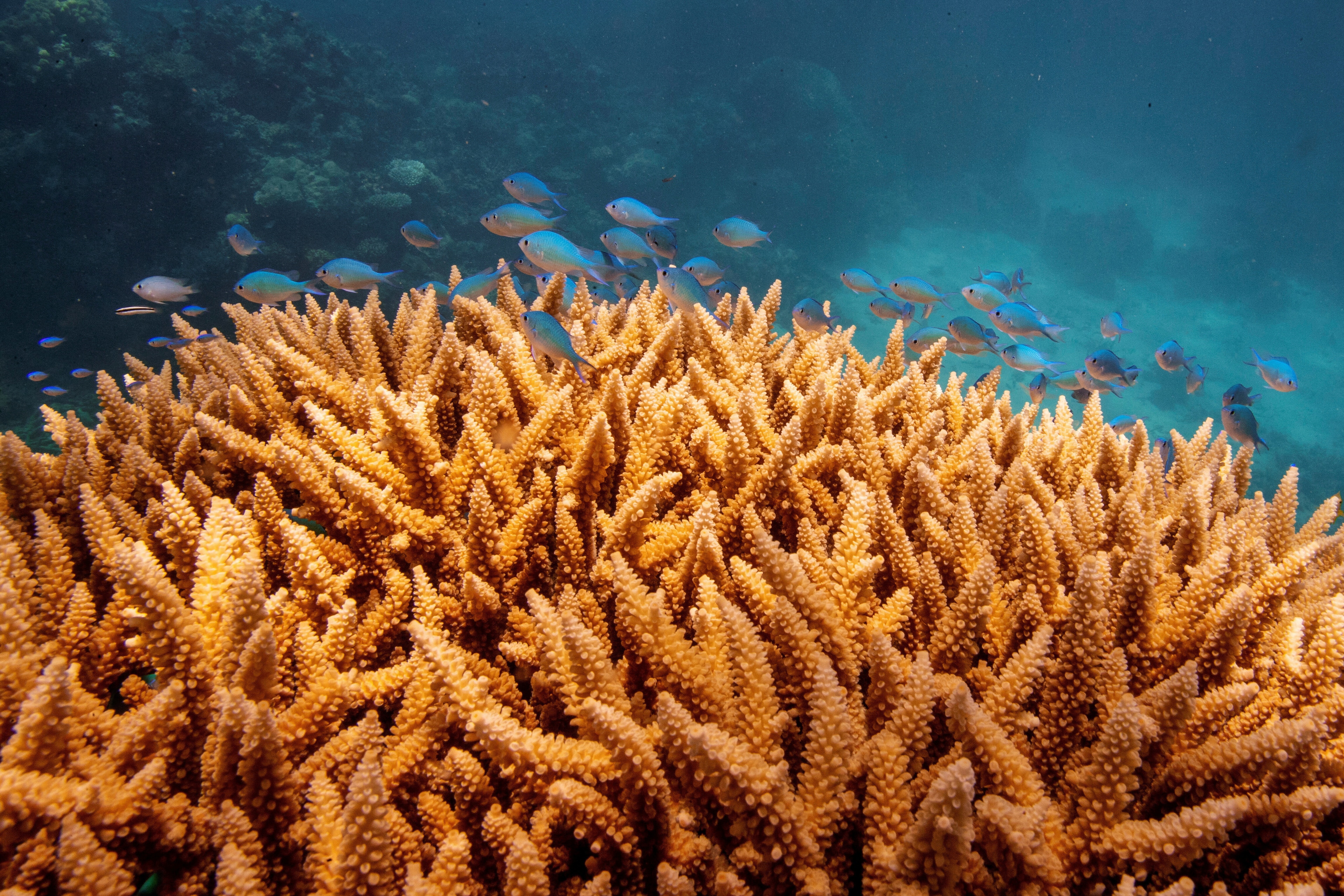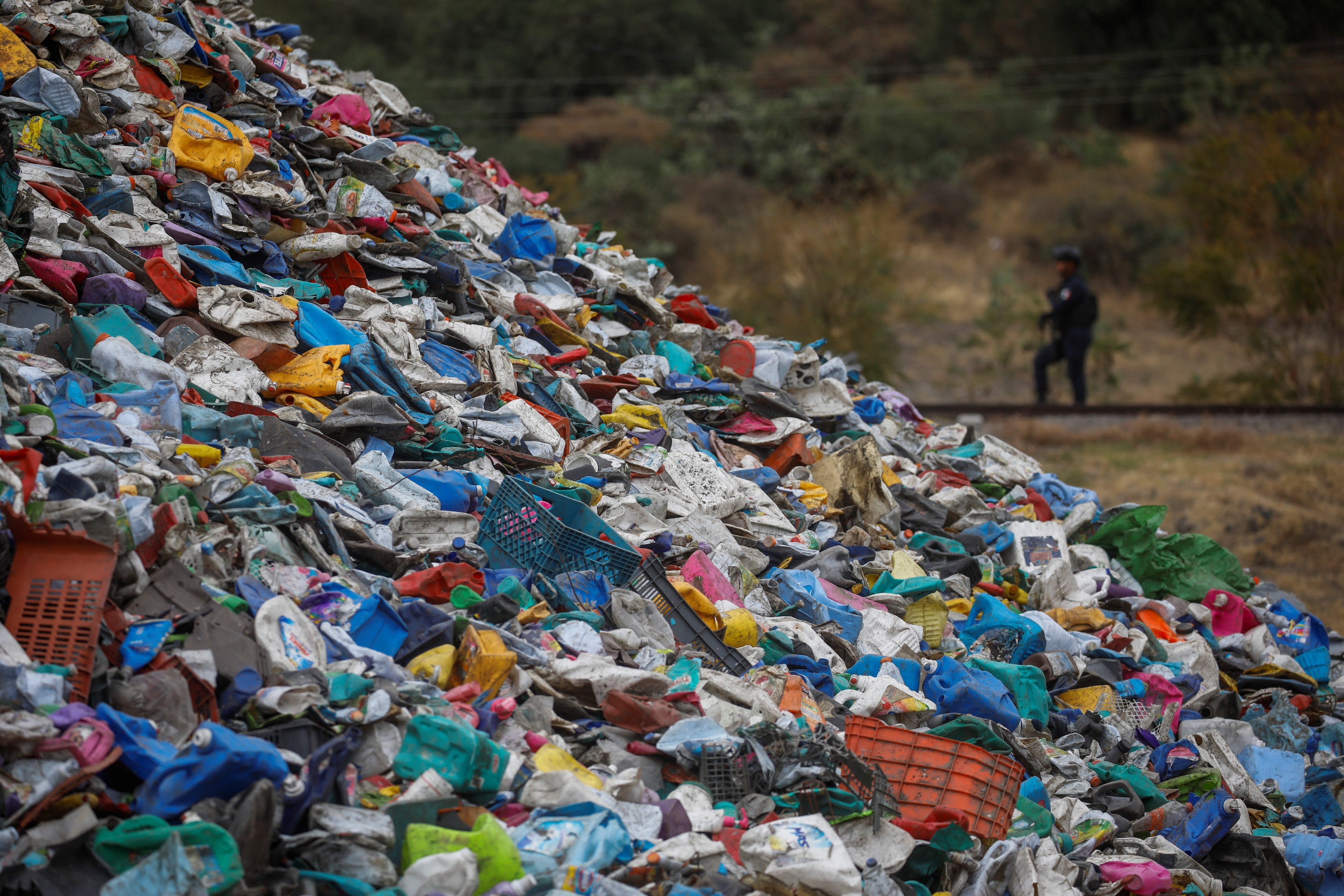How much do we really care about nature? A new report reveals all

Eco-awakening ... more people are speaking up around the world about the importance of conservation.
Image: Unsplash/Dmitry Grigoriev
Stay up to date:
How to Save the Planet
Listen to the article
- Humans have caused the loss of 83% of all wild mammals and half of all plants.
- Around the world, more people are voicing their concerns about conservation.
- Their demands for action online are helping shape policymakers’ decisions, according to a new report.
Humans have caused the loss of 83% of all wild mammals and half of all plants. It is a loss of biodiversity so profound that some scientists are likening it to a “biological annihilation”.
Thankfully, a growing number of people are becoming increasingly concerned about the biodiversity crisis – and, according to a new report, that concern is translating into action.
The power of a Tweet
The report, An Eco-wakening: Measuring global awareness, engagement and action for nature, from the Economist Intelligence Unit (EIU) and commissioned by the World Wide Fund for Nature (WWF), has attempted to gauge how much people care about what’s happening to the natural world.
What they found was that there has been a huge outpouring of concern, especially in emerging economies. The number of ‘nature-loss’ conversations online has grown, increasing by 65% on Twitter since 2016. India, Pakistan and Indonesia were highlighted in the report for seeing some of the most dramatic increases – 190%, 88% and 53% respectively.
Those online conversations reflect people’s shifting attitudes. And the change doesn’t stop there. Policymakers and officials are reflecting those attitudes in the decisions they make, the report found.

Africa in action
Sub-Saharan Africa has a population of 1.1 billion people and around 135 million social media users, according to the EIU.
The report’s analysis of social media conversations in the region determined that “concern about the loss of animal and plant species grew … from 75% to 84%” between 2016 and 2020. In the same period, the number of Tweets talking about biodiversity and nature-loss grew by 63%.
Speaking at the UN Environment Assembly in March 2021, Kenyan President Uhuru Kenyatta, said: “The environment holds and can provide solutions to most of the challenges we face as humanity. And in this regard, Kenya has firmly anchored the environmental pillar in our country’s blueprints, and that is our Kenya Vision 2030.”
Kenya Vision 2030 is a plan that aims to accelerate industrialization and transform Kenya into a middle-income country, while safeguarding its environment and natural resources.
How does the World Economic Forum encourage biological diversity?
Making change happen
There has also been action taken by major finance organizations. In June 2020, seven European funds threatened to withdraw $2 trillion-worth of investments from Brazil if steps weren’t taken to protect the Amazon rainforest.
India has seen concern about the loss of animal and plant species increase from 82% to 90%, and a whopping 190% jump in the number of Google searches relating to nature and biodiversity.
How does the World Economic Forum encourage biological diversity?
In October 2020, the report says, the “tireless advocacy work by activists, communities, students and Mumbai residents, as well as celebrity influencers who participated in a highly publicized social media campaign” paid off. A 329 hectare area of forest within Mumbai was granted reserved status by the Maharashtra State Government.
The US has also seen a rise in concern and awareness of biodiversity and sustainability. Between 2016 and 2018, there was a 450% increase in Google searches for sustainable products, reflecting the potential for consumer power to shape the decisions taken by private businesses. And on his first day in office, President Biden signed an order that saw the US rejoin the Paris Climate Agreement.
Accept our marketing cookies to access this content.
These cookies are currently disabled in your browser.
Don't miss any update on this topic
Create a free account and access your personalized content collection with our latest publications and analyses.
License and Republishing
World Economic Forum articles may be republished in accordance with the Creative Commons Attribution-NonCommercial-NoDerivatives 4.0 International Public License, and in accordance with our Terms of Use.
The views expressed in this article are those of the author alone and not the World Economic Forum.
Related topics:
Forum Stories newsletter
Bringing you weekly curated insights and analysis on the global issues that matter.
More on Nature and BiodiversitySee all
Tom Crowfoot
August 12, 2025
Pedro Gomez and Clemence Schmid
August 6, 2025
Tom Crowfoot
August 5, 2025


